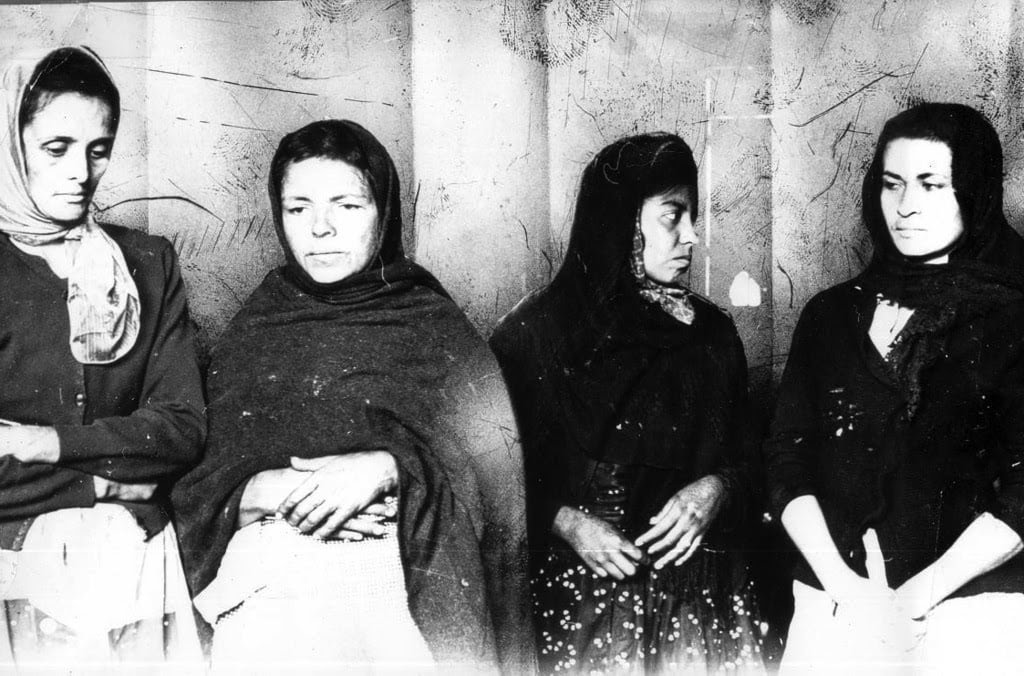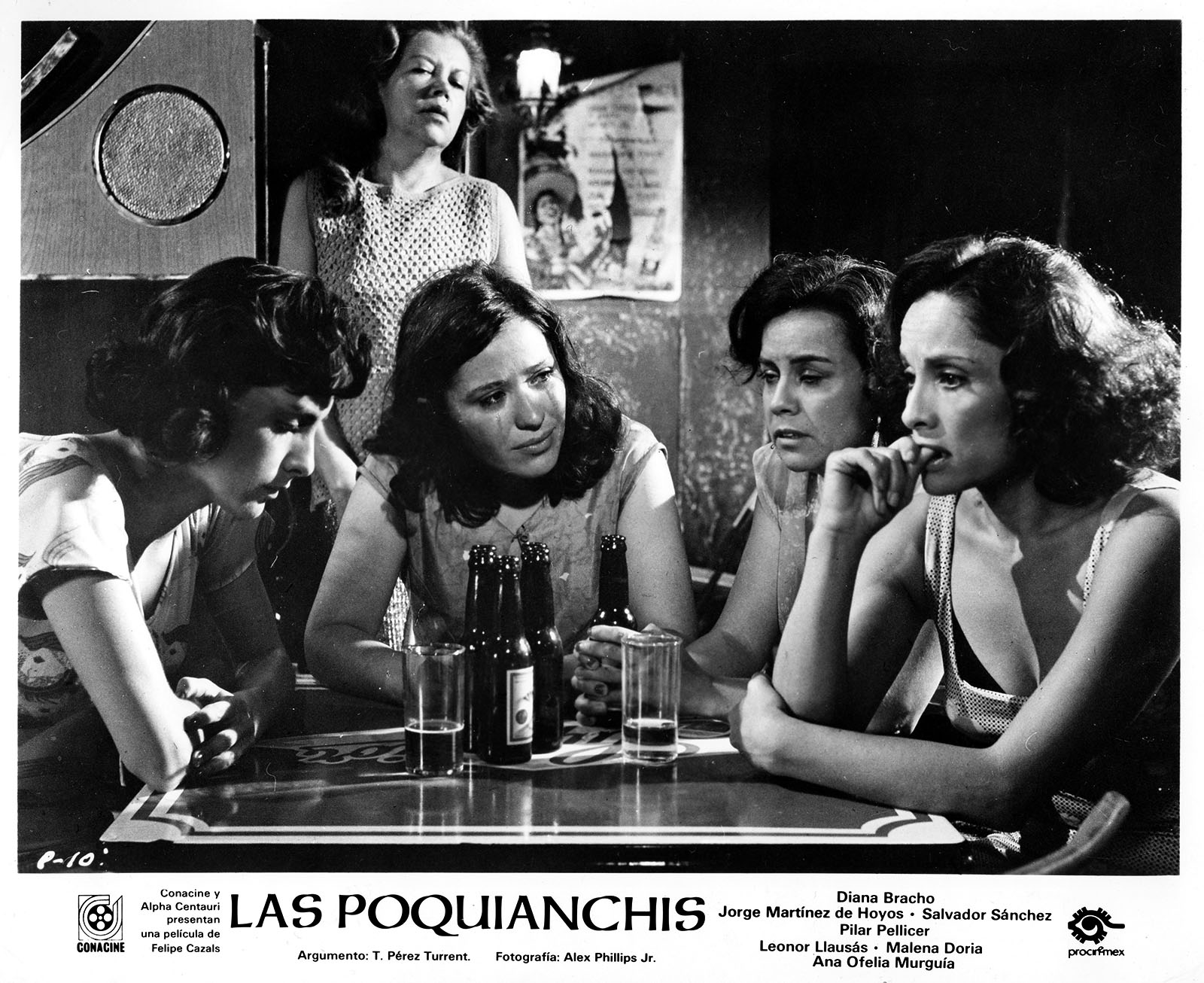Film Retrospective
Just like in the 1970s, Hollywood experienced the breakthrough of a generation of filmmakers who transformed the industry for good, Mexican cinema saw the eruption of “the new Mexican cinema generation”.
That’s how, while young American filmmakers graduated from film schools just like Coppola, Lucas, Spielberg and Scorsese, among others, they were leaving their mark and started a legacy that still keeps Hollywood going. Likewise in Mexico there was also a generation of filmmakers who witnessed the so called “awakening of Mexico” through lenses which defied the nostalgia of the Golden Era of the Mexican Cinema. That 70’s generation wanted to deal with real issues which opened the eyes of the movie going audiences of its times changing the industry from then on.

Not surprisingly, the online publication “Indiewire” included in one of its latest polls from the Best Movies of the 1970s two titles from Mexican classics of that decade which have passed the test of time: Arturo Ripstein´s “The Castle of Purity” (1973), based on the real life story of a father (Claudio Brook) who has raised his children without contact of the outside world. Castle was speculated to be inspiration for Yorgos Lanthimos´ Oscar nominated “Dogtooth.” Felipe Cazals´”Canoa: A Shameful Memory” (1976), also based on a real life event where a priest of a smalltown (Enrique Lucero) incited its people to lynch a group of students from Mexico City.
“Canoa” was part of an impressive trilogy of films which Cazals´shot back to back in one whole year which is known in Mexico as “the trilogy of the yellow journalism,” because all of them were based in shocking stories from the shaken Mexican reality of the time. Stories which included “El Apando”, based on the novel of the same name referred to the prison where its writer, José Revueltas, exposed the corruption, torture and degradation of its inmates just like him as a political prisoner. And “Las Poquianchis”, the name given to a group of women in the Mexican province who from the 1951 to the 1964 ran a large scale prostitution ring and a murder site of over eighty women.

“Las Poquianchis”, just like “Canoa”, which was praised by Academy Award Winning Mexican filmmakers such as Alfonso Cuarón and Guillermo del Toro, as a pivotal film which influenced their separate careers to push a Criterion Collection 4K released before the director´s death in late 2021. “Las Poquianchis” was shot in a documentary style mixed with a disturbing fiction due to their realistic performances from most of the characters involved which resulted in the first Ariel win (the Mexican Award) for actress Maria Rojo, who played one of the victims of the exploitation, and memorable performances from other later Golden Ariel Winners like Ana Ofelia Murguía and Diana Bracho.

The film is resurgent these days on the eve of the September 10th, premiere on Netflix of “Las Muertas.” This is the series adaptation of the novel from writer Jorge Ibaguengoitia, based on the same story, “Las muertas”, is directed by Luis Estrada (“Herod´s Law.”) Luckily another streaming channels like YouTube offer the option to discover “Las Poquianchis¨, a history cry and also sadly a mirror of the sex trafficking and femicides of Mexican women which has increased as an alternate business for drug cartels/organized crime. So is the case with current Mexican president Claudia Sheinbaum means when she proclaims, “all women arrived to power with me,” she better mean it.
Threads: Alfredo Galindo; X:@AlfredoGalindo




